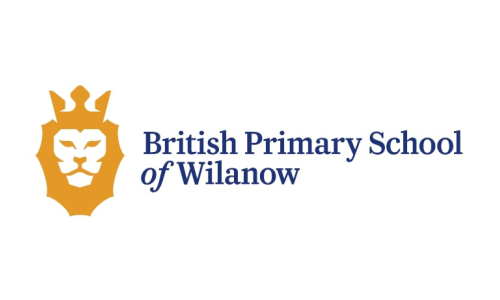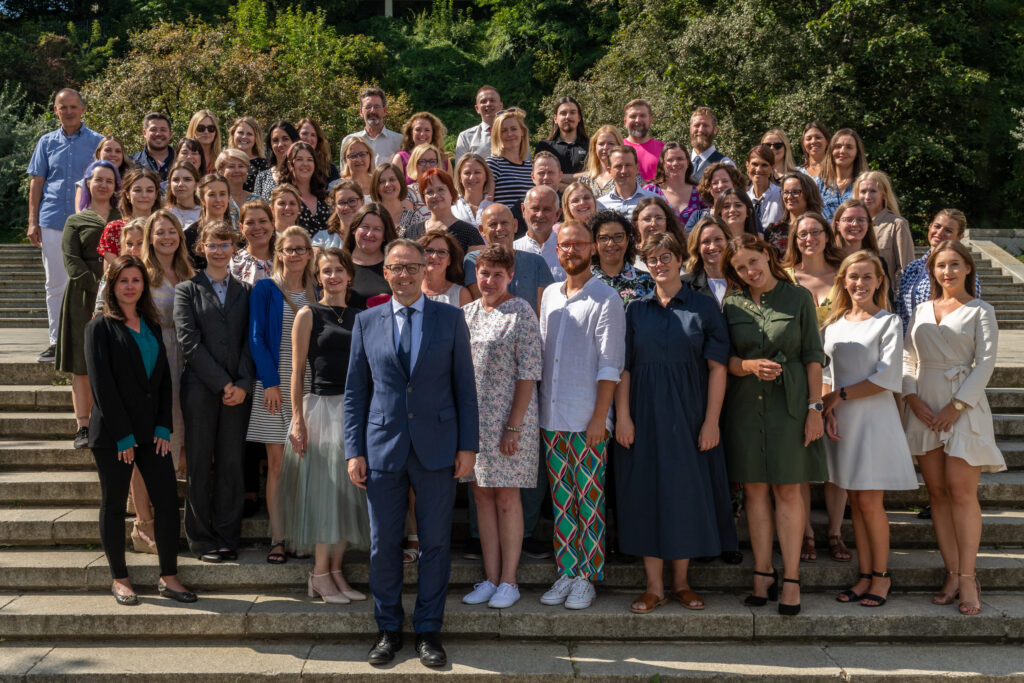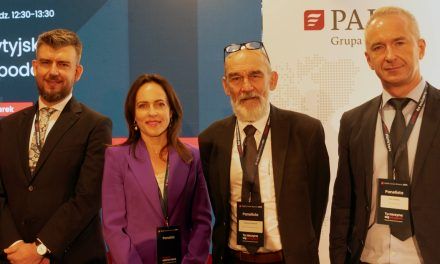

“Human resources are like natural resources; they’re often buried deep. You have to go looking for them; they’re not just lying around on the surface” – Sir Ken Robinson, British educator
International schools are very much about people, pupils, parents and employees, teaching and non-teaching. After pupils, staffing is our most valuable resource and the recruitment and retention of quality staff is one of the priorities of any school leader. We are very fortunate at BSW in that we have high levels of retention and this stability of staffing assists greatly in embedding new initiatives, strengthening our values and improving the quality of provision for our pupils.
In May, I will attend the annual conference of the Council of British International Schools in London where school leaders from British International Schools gather to reflect and discuss the challenges and opportunities for our schools. Each year one of the major issues is recruitment and staff shortages and this will inevitably be a topic that arises again this May. This topic is not surprising. In the last 25 years there has been an explosion of growth of international schools around the world and British International schools are at the forefront here. There is no sign that this growth is waning. This growth implies a greater demand worldwide for British qualified teachers. As the UK battles the impact of Brexit, low growth-rates and the challenge of balancing state finances, the limits on education spending in the UK has led to an exodus from the profession. While a small proportion goes towards international schools, many opt out of the profession completely and therefore the pool of teachers is diminishing. In Ireland there are other issues, such as the costs of accommodation, that are leading a move for teachers to look overseas.
Thus when BSW recruits teachers for its school in Wilanow it is competing on a world market. We do face some challenges. The taxation rates are very high in Poland compared to the UK; it will cost us more to provide an equivalent salary. We cannot compete with the tax-free salaries offered to teachers in some Middle East destinations or some of the packages available in certain Asian destinations.
But Poland and Warsaw have attractions that work in our favour. The proximity of Poland to the UK is one obvious advantage. After rigorous lockdowns in China due to Covid there are many international teachers who are seeking a working environment closer to home and to family. Warsaw is seen as a very safe city and this is a big plus for teachers with families. We may all complain about traffic congestion but most international teachers report much shorter commutes to work compared to previous employment and many of our teachers live in Miasteczko Wilanów. For those who enjoy travel, Warsaw is an excellent hub for exploring other Polish cities or neighbouring countries. Brexit is an irritant in that resident permits and work visas are necessary; this process consumes much time, costs and stress for employees and employers. This issue is now common across the EU. Inflation is of course one of the biggest challenges we face and while Warsaw remains a relatively affordable place to live, rents have increased considerably, utility costs have soared and basic commodities are far more expensive.
Our school also employs a significant proportion of local staff especially in the administration and ancillary services; I am fortunate to work with a superb team of professionals. It is here that we sometimes face difficulties recruiting. This is sometimes down to the specifics of the role and the multi-faceted nature of the position. We need a fluent Polish and English speaker, we need intercultural awareness, we need a deep understanding of local rules and international standards and we need self-starters who can work in small teams. Recruitment here can be more complicated than for international teachers.

Finally staff will remain with an organisation when they see a path for their own growth and where there are opportunities to develop and to contribute. BSW is now part of a large schools organisation, International Schools Partnership, (ISP) and this provides pathways for staff to collaborate across schools on research areas and initiatives. This year we appointed a Continuous Professional Development Coordinator (CPD) who promotes opportunities for training, development and enhancing qualifications. We are developing this further with ISP. As we look to grow significantly in September 2024 when our ambitious construction plans come on stream, we are now planning for the recruitment challenge and we are confident that Warsaw and BSW will continue to attract quality staff to continue our mission.



























